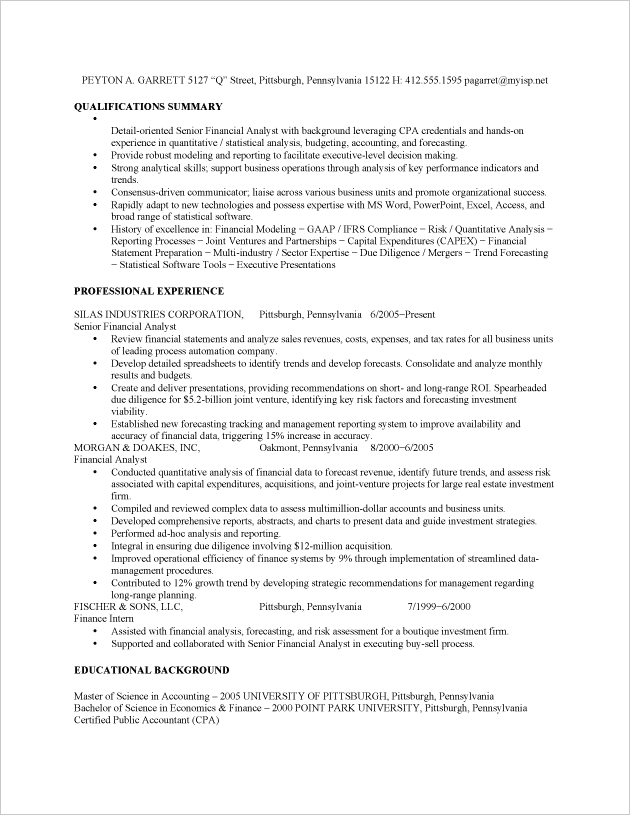Company Finance Jobs, Employment
Each business will require corporate finance advice all through its lifecycle; whether to develop the enterprise by acquisition, to boost new funds for development or to fund the exit of a major shareholder. Our master’s in finance courses are available solely on a full-time foundation with the option of finding out for 9 or 12 months. Aditya Birla Finance affords clients and corporations six glorious solutions to maximise their business potential with quicker processing and qualitative technological interface.
With greater than 7,000 members and 80 member organisations, we’re the largest network of professionals concerned in corporate finance. It has come to our discover that unknown third parties, who should not affiliated with Aditya Birla Finance Restricted are forging/mis-promoting loan merchandise utilizing our title, brand or brand (explicitly and/or implicitly).
Students should be accustomed to finance subjects similar to discounted money-move evaluation, WACC and CAPM; superior information of corporate finance is just not required. Our Corporate Finance Crew can prepare a persuasive file on your behalf, speeding the progress of the next negotiations.
With an impressive fame for deal origination and execution, BTG Company Finance is recognised as one of the skilled Corporate Finance groups within the UK. Benefit from learning …







